Newsletter
Sign up for Essential California
The most important California stories and recommendations in your inbox every morning.
You may occasionally receive promotional content from the Los Angeles Times.
This year, California experienced two large earthquakes, power outages throughout the state, dry weather and wildfires, and homelessness became an all-consuming issue in Los Angeles.
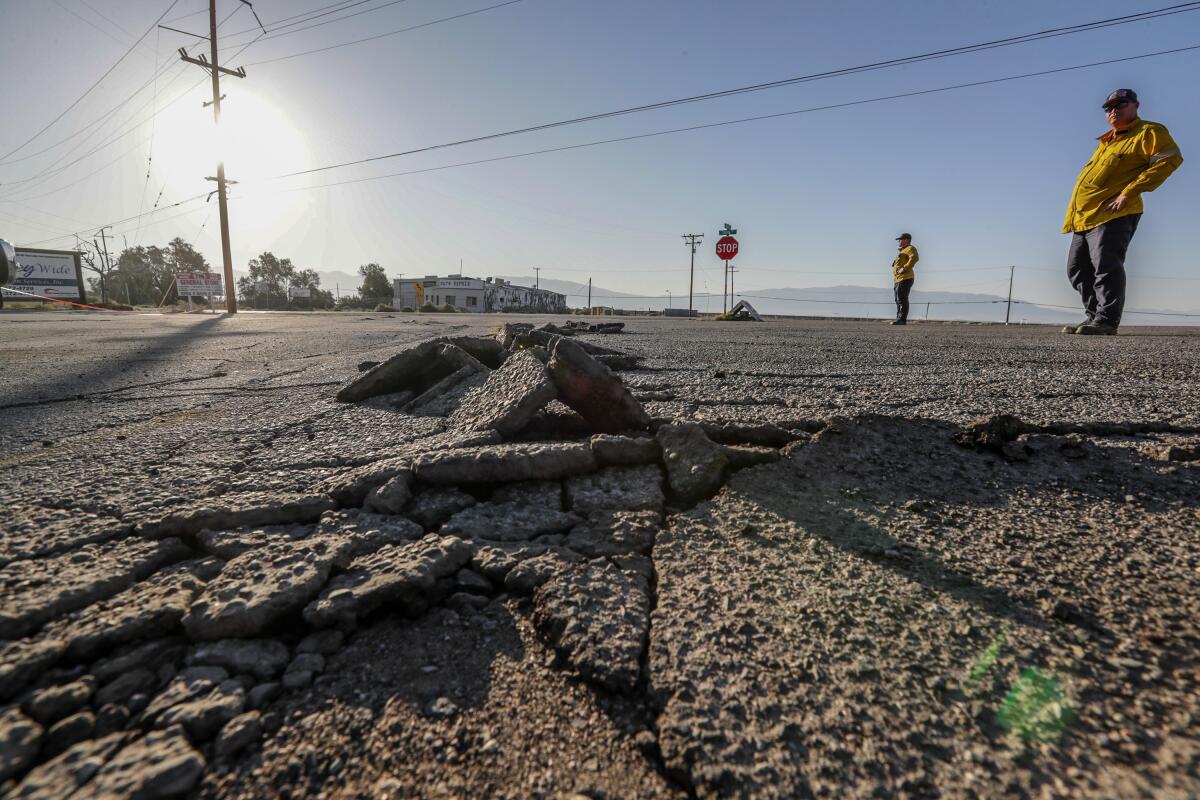
Southern California was shaken on July 4 by the strongest earthquake in nearly 20 years. The quake was centered 125 miles northwest of Los Angeles in the Mojave Desert’s remote Searles Valley. But that turned out to be just the beginning. A day later, an even bigger earthquake, a 7.1, hit near Ridgecrest. Los Angeles was spared damage because the quake was so far away, and the energy of the temblors didn’t send a direct hit to urban areas. But it was an ominous reminder of the perils of living in earthquake country.
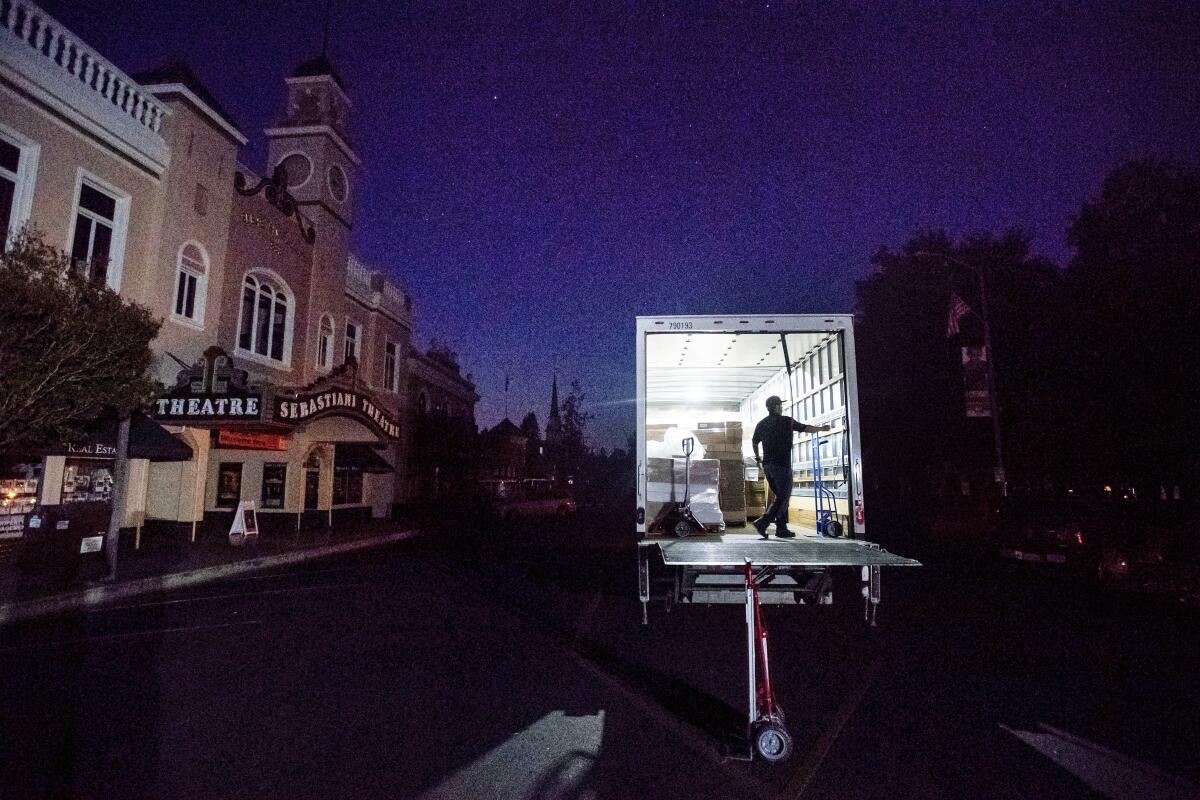
After several years of devastating fires sparked by utility lines, power companies took a radical approach this fall. Utilities led by PG&E shut off power in large areas to lessen the risks of wind damaging equipment. In Northern California, millions lost power, sparking anger. And it didn’t exactly work, at least not fully. Investigators say it’s possible big blazes in Sonoma County and Southern California may have been sparked by electric lines.
The world of higher education was rocked by a scandal like no other: Wealthy parents cheating and bribing to get their children into elite colleges. The scheme was audacious, involving mastermind William “Rick” Singer, corrupt coaches, fake athletic records and celebrity clients such as Lori Loughlin and Felicity Huffman. And it underscored inequities in academia and reinforced that the rules are different for the 1%.
Southern California knows all about the Santa Ana winds — the hot autumn gusts that have caused massive fires over the years and inspired writers such as Raymond Chandler and Joan Didion. But this year, we got a new term — “extreme red flag conditions.” The National Weather Service issued the bulletin as the worst winds in years bore down on the region. As predicted, they fueled numerous fires, but none disastrous.


California has long been a trailblazer. But can it fix the world of college sports? Gov. Gavin Newsom signed into law a measure that allows players to receive endorsement deals, despite the National Collegiate Athletic Assn. calling the move unconstitutional. The law seeks to address longstanding complaints that athletes are being cheated out of money by universities and the NCAA. Players cheered, but California is likely to face a long court fight.
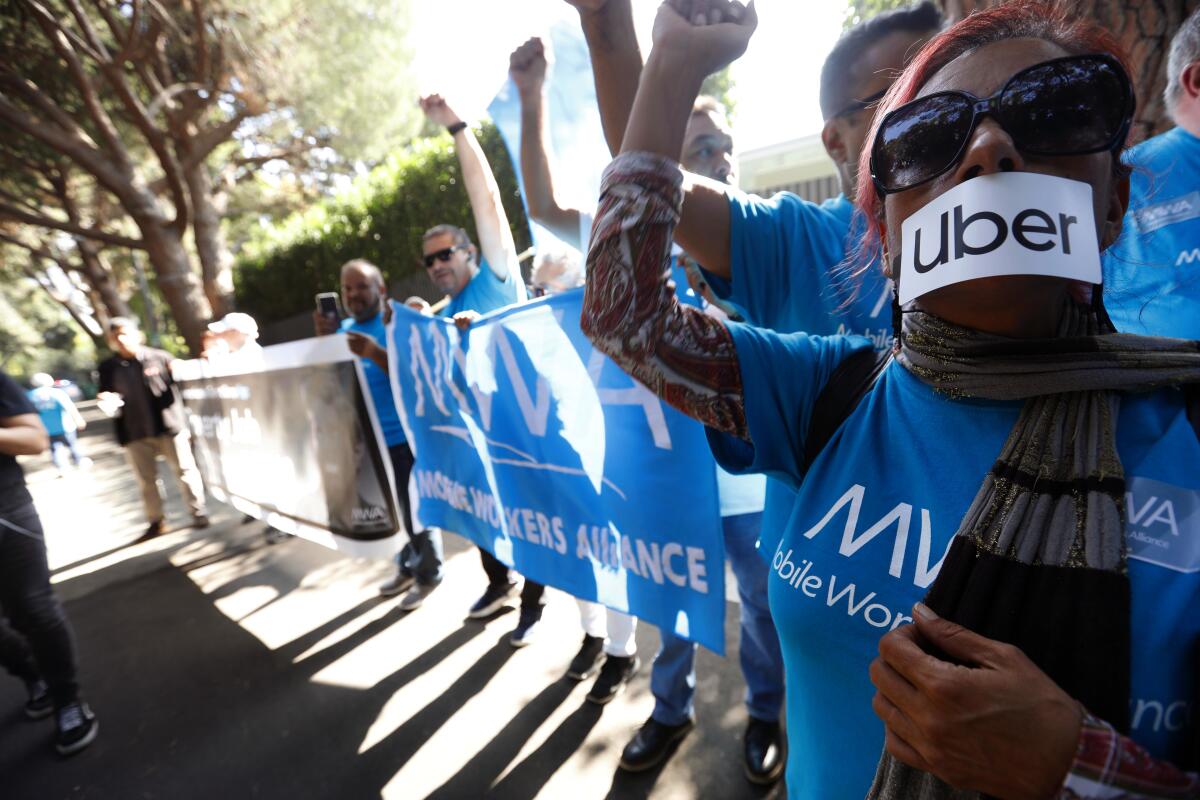
California’s gig economy began with Uber and Lyft drivers revolutionizing transportation on the streets of San Francisco. To many, the use of freelance and contract labor has led to exploitation and an unregulated environment. This year, the state upended the relationship between companies and this class of workers with a new law that could provide hundreds of thousands of workers with new benefits and pay guarantees. And its effects may be more extensive than originally imagined, impacting scores of business sectors, including trucking and journalism.
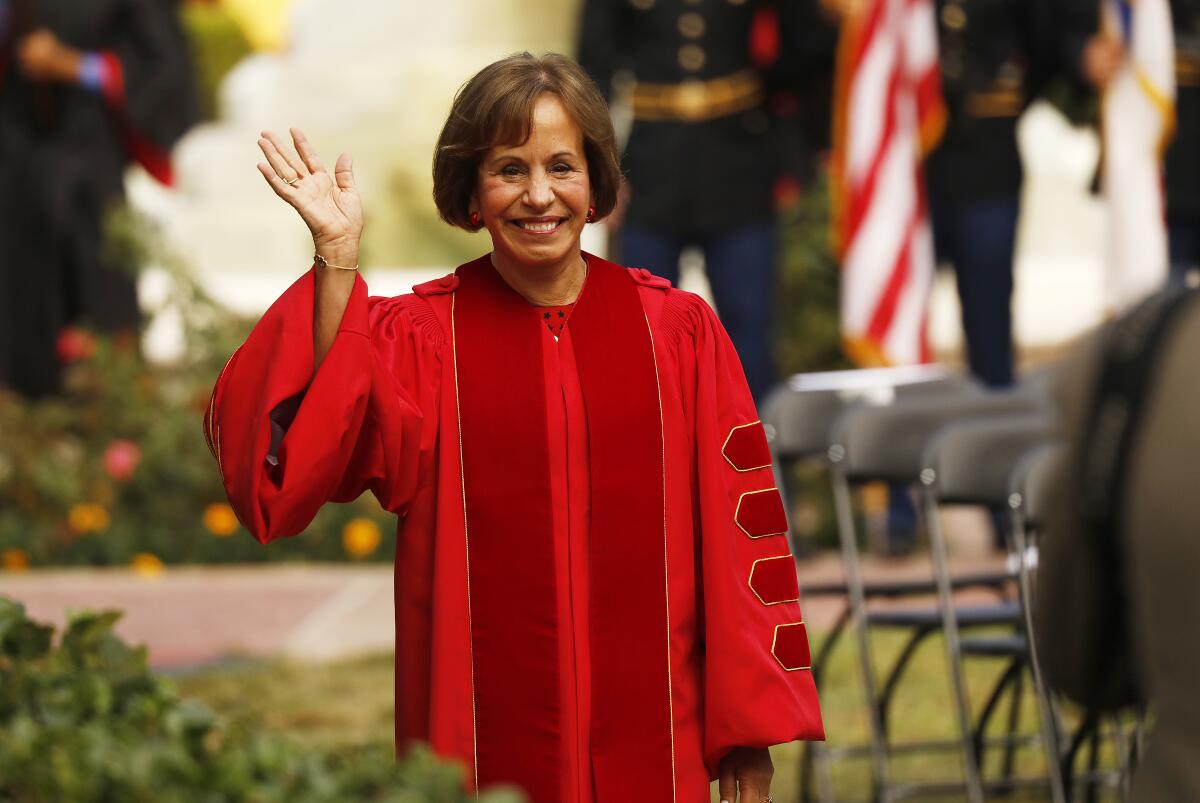
It’s been a tough few years at USC. Accusations that a longtime campus doctor abused students sparked a revolt on campus that led to the ouster of USC’s longtime president. Then, the college admissions scandal hit, and USC was again on the defensive. But the university this year announced a series of governance reforms aimed at improving operations and brought in Carol Folt as its new president. Many on campus hope USC is turning a page.
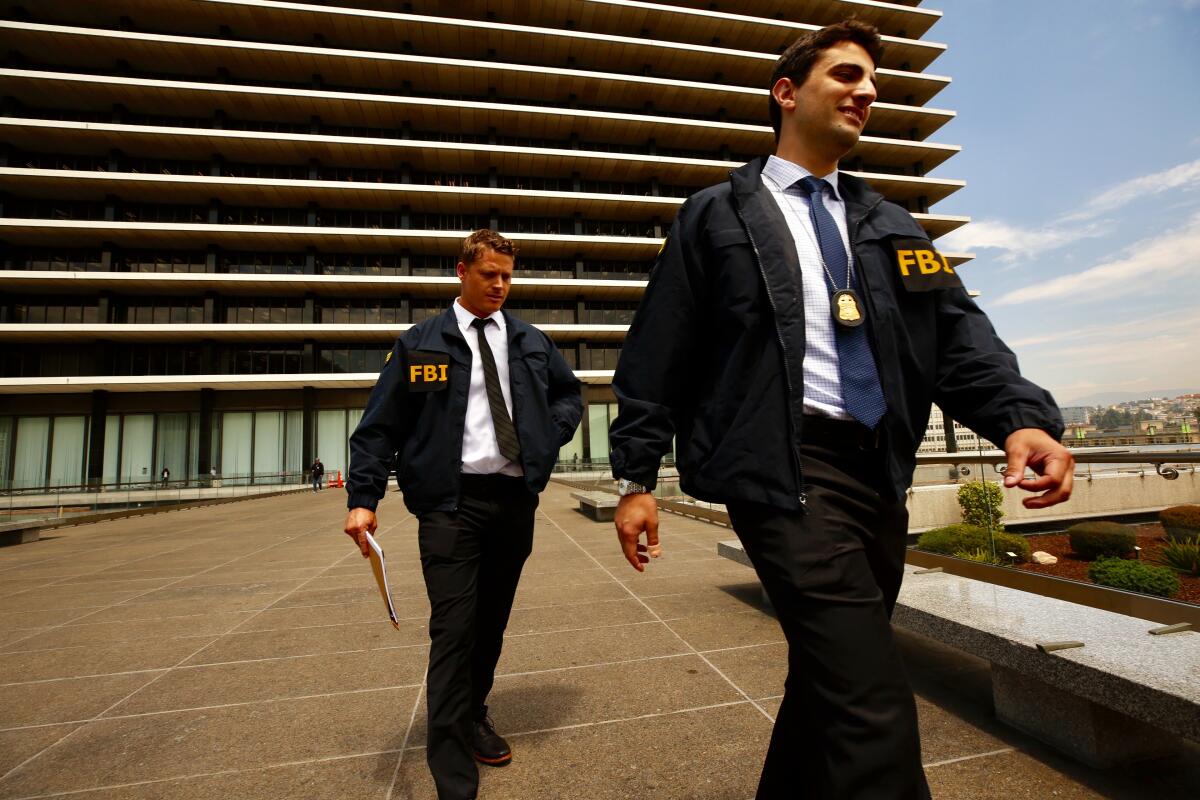
It was not an encouraging sign when FBI agents raided Los Angeles City Hall and other buildings this summer, related to a probe into the Department of Water and Power. (The feds are also examining Councilman Jose Huizar and his ties to downtown developers.) Then The Times reported on Council President Herb Wesson’s son, who received discounted rent at an apartment building while his father helped the building’s executives win approval of a controversial high-rise. Everyone has denied any wrongdoing. But there is growing concern that there might be more shoes to drop from City Hall’s observation tower.
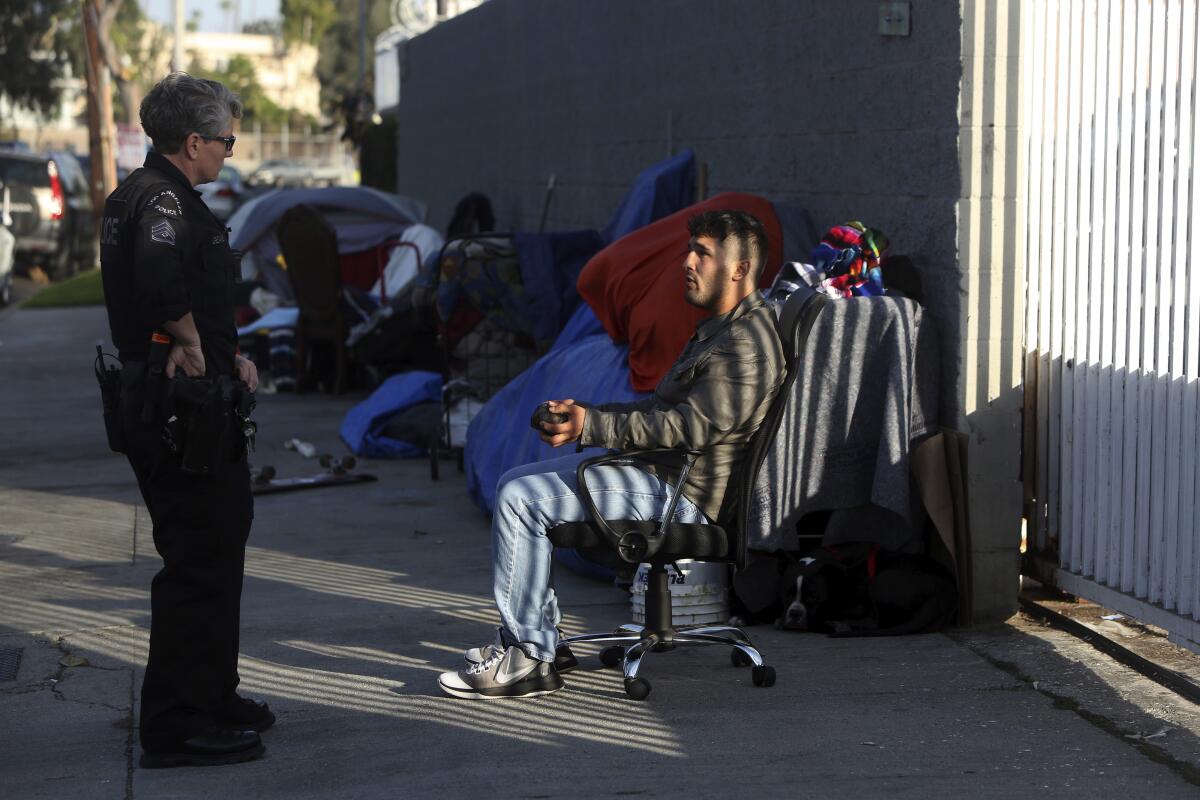
This was the year the homeless crisis became Los Angeles’ all-consuming issue. Homelessness jumped 16% countywide. And there is growing impatience that the billions allocated for housing are being spent properly. A Times poll showed residents are still willing to spend more to help homeless people achieve better lives. But they also want the police to do more to clear the streets of homeless camps.
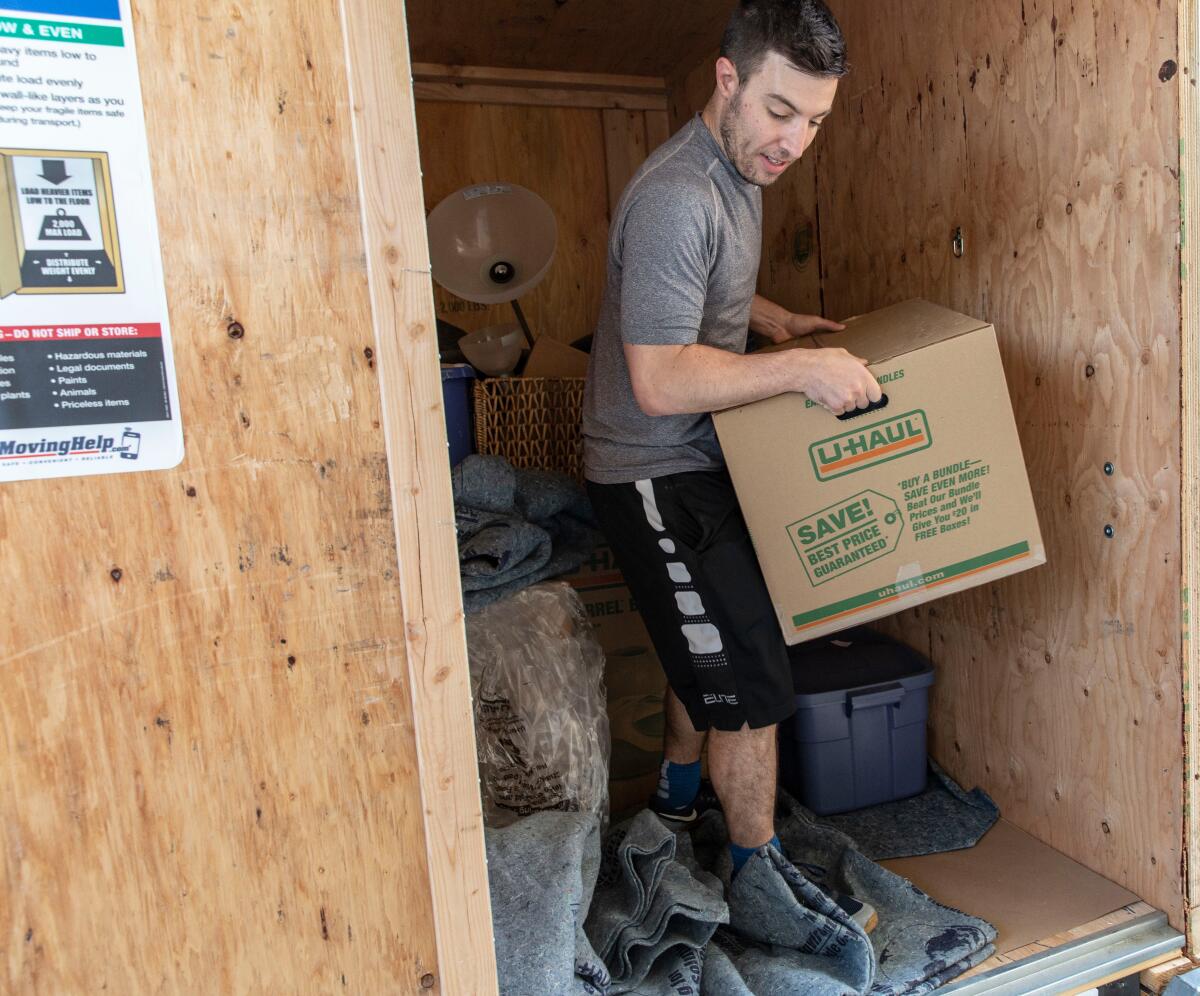
Is the California dream dying? Finding an affordable house to buy — or an affordable apartment — has never more challenging. Gentrification, development and a lack of supply are squeezing those without means, and some people who cannot afford rising rents are being pushed into the street. The state is working to strengthen rent control, but efforts to radically overhaul zoning rules to allow denser development remain a challenge. It’s leading to an existential question: Can those without means afford to live here?

The battle lines keep widening between California and the Trump administration, which is trying to hit California where it hurts: Rolling back auto emissions standards, threatening more coastal oil drilling and more. California officials keep fighting back, and at times winning. But this year, the administration turned its attention to additional issues, including firefighting, forest management, homelessness and urban blight. Political observers believe Trump wants to use California’s homeless crisis as a wedge issue in 2020. But no one thinks he has a chance of picking up many votes in the heart of the resistance.
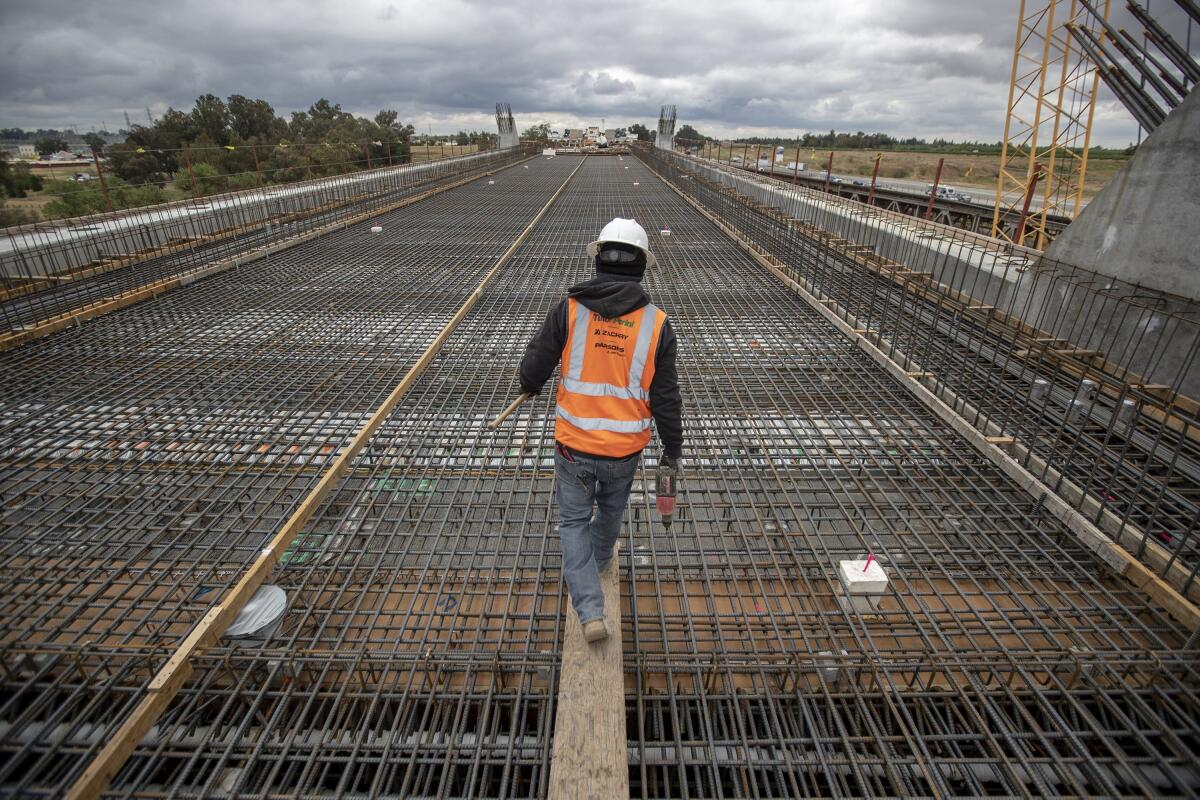
The future of California’s bullet train became even more perilous as Gov. Gavin Newsom announced a significant slowing of the project, which is over budget and way behind schedule. There are growing doubts that it will ever run from San Francisco to L.A., and what it will ultimately look like. President Trump is also threatening to demand that the federal government gets its money back, although those threats are not being taken particularly seriously. Some think the money might be better spent on different local rail lines, such as BART and L.A. Metro.
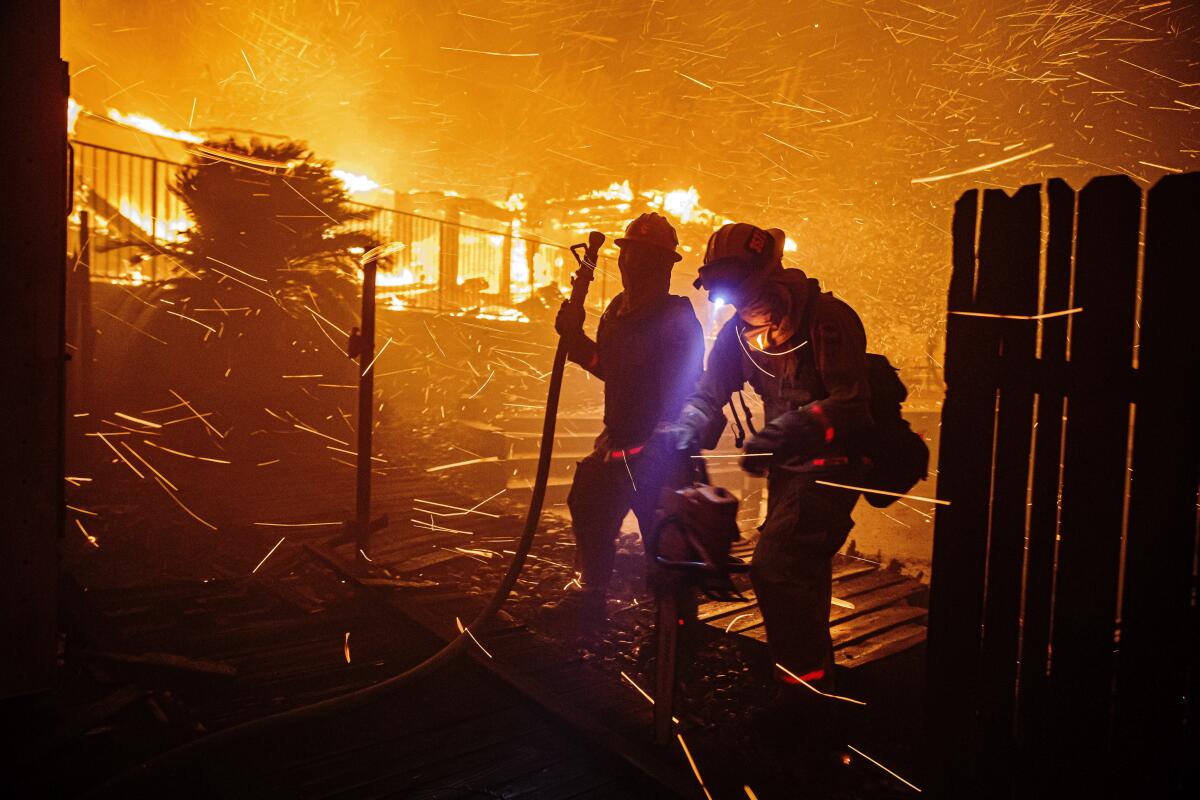
This year, the California Department of Forestry and Fire Protection reports that wildfires have burned almost 200,000 acres, destroyed or damaged more than 700 structures and are responsible for three fatalities. Those totals are far lower than those of 2018, which saw the deadliest and most destructive wildfire season on record. But officials watched the first storms of the current rain season with wariness, fearing the possibility of more destruction — from mudslides.
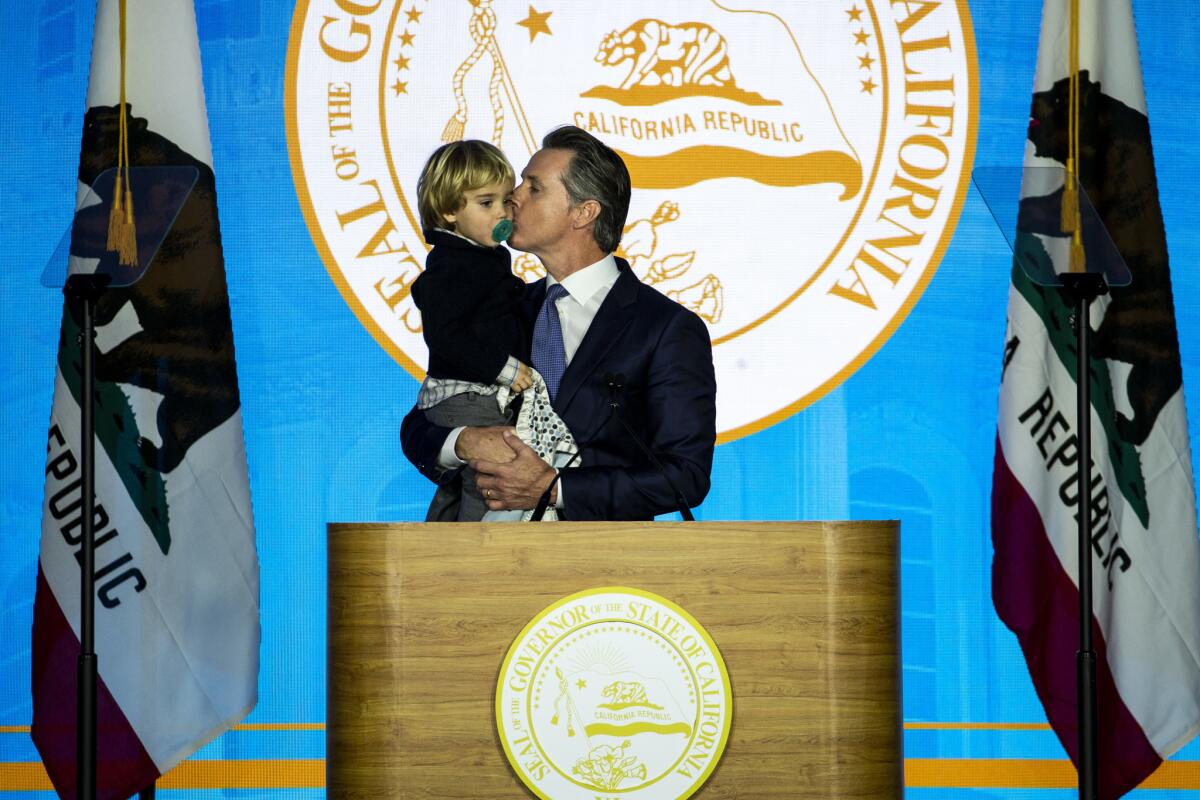
When Gavin Newsom was sworn in as governor in January, many Californians believed his agenda would continue to tilt the state toward the left. He championed legislation on the gig economy, guns and NCAA athletes and a measure forbidding people from smoking or vaping at state beaches or state parks. Columnist George Skelton wrote that “Newsom is arguably the most liberal California governor ever, at least since Pat Brown in the ’60s.”
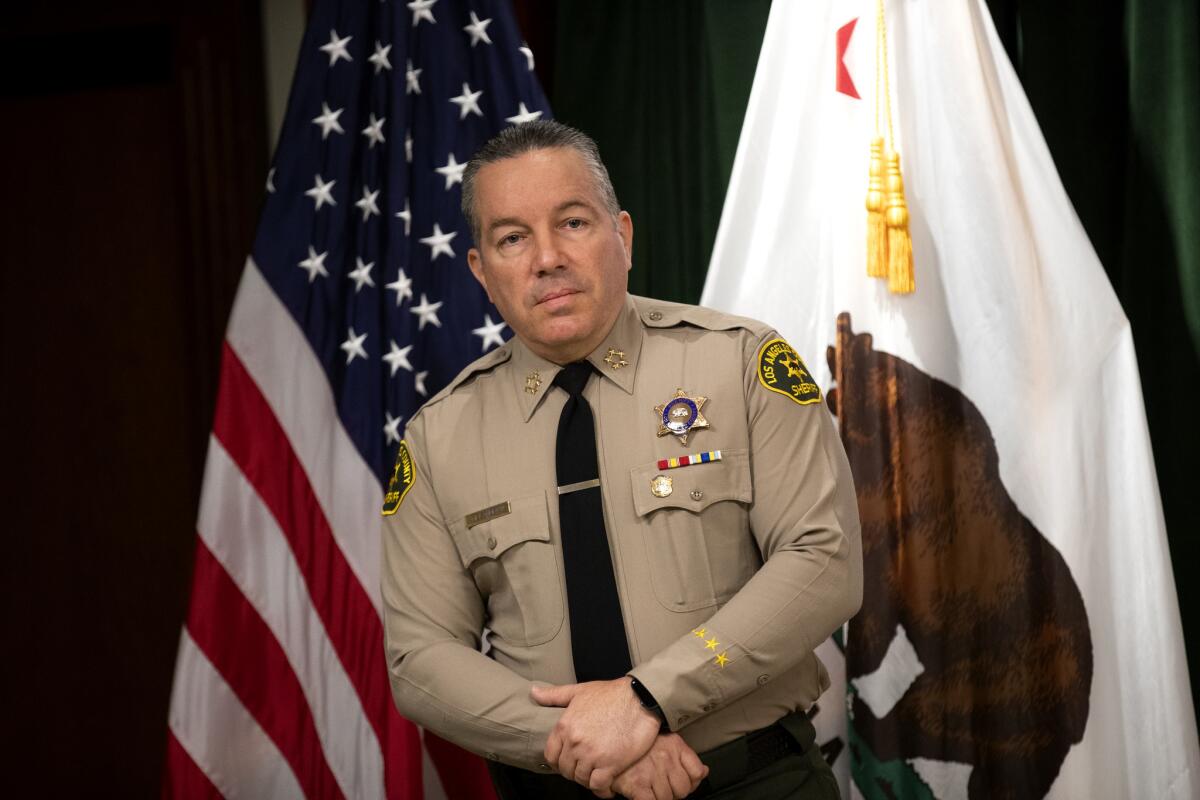
Sheriff Alex Villanueva and the L.A. County Board of Supervisors clashed repeatedly this year. Villanueva has been criticized for what county Inspector General Max Huntsman has called “very troubling” hiring practices, including scaling back the scope of background checks and relaxing polygraph exams. (In August, a judge overturned Villanueva’s controversial decision to reinstate a deputy who had been fired for violating department policies on domestic violence and lying — a dispute that sparked a rare legal battle with the supervisors.) In October, the supervisors rebuked the sheriff over his fiscal stewardship, taking the extraordinary step of freezing a portion of his department’s budget to force the county’s top lawman to address spending.)
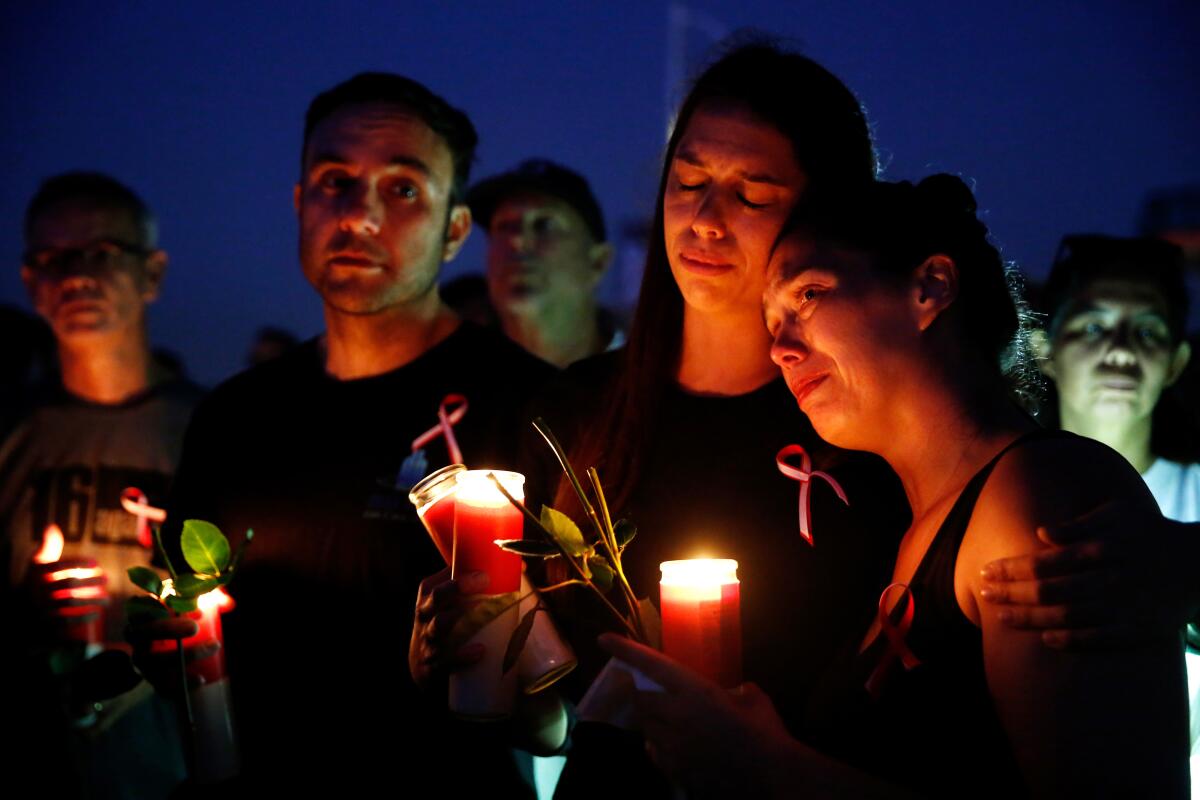
On Labor Day, 34 people died in a fire on a dive boat off the coast of Santa Barbara. Passengers were trapped in the hull of the Conception, and crew members on the deck said they were unable to reach passengers because of intense flames. In November, The Times reported that the Coast Guard had often ignored NTSB recommendations to improve fire-safety measures for nearly 20 years.
Sign up for Essential California
The most important California stories and recommendations in your inbox every morning.
You may occasionally receive promotional content from the Los Angeles Times.